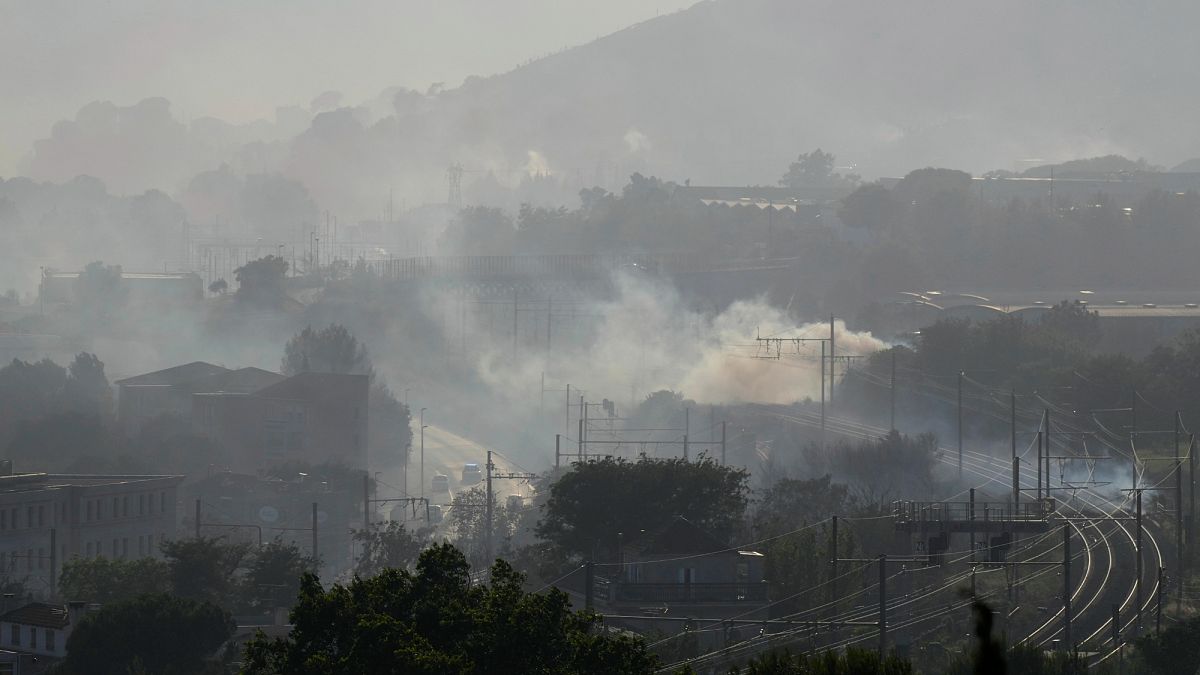

Calmly navigating through a series of recent global findings and events, this article aims to provide a clear and comprehensive overview. We delve into the ongoing challenges and advancements regarding wildfires in France, health insights concerning common viral infections, and the impacts of climate-induced heatwaves in Europe. By summarizing recent developments, we strive to promote a deeper understanding of these issues and inspire a mindful reflection on their implications.
In France, a series of intense wildfires have posed significant challenges, particularly affecting the city of Marseille. The local airport faced temporary closures and numerous delays as flames drew dangerously close. This situation marked the second consecutive day of disruptions, impacting both flights and train services. The resilience and swift responses by the city’s emergency services have been crucial in managing these blazes, ensuring safety, and providing necessary evacuations where needed. These efforts highlight the importance of coordinated response strategies as communities navigate through such natural adversities brought about by climate variations.
Shifting our focus to health, recent scientific discoveries have revealed intriguing connections between the Epstein-Barr virus (EBV) and certain types of cancer. EBV, a common virus, is found to be linked to an elevated risk of developing specific malignancies. This discovery underscores the importance of ongoing research and public health awareness regarding viral infections and their long-term effects. With almost everyone having encountered this virus at some point, understanding its potential implications promotes proactive health measures and progression in medical science aimed at improving preventive care and treatment strategies.
Furthermore, Europe has faced the daunting presence of a recent heatwave, significantly influenced by climate change. A pioneering rapid study has indicated that the death toll linked to this scorching heat, spanning from June to July, has tripled compared to past events—exceeding even the losses from the severe Valencia floods last year. Described as a ‘silent killer,’ this phenomenon underscores the urgent need for adaptive strategies addressing climate impacts, particularly on vulnerable populations. The study serves as a crucial reminder of the reality climate change imposes and the importance of environmental responsibility, as communities foster resilience and sustainability.
These developments collectively illustrate the interconnected nature of environmental, health, and societal resilience challenges faced today. By understanding these intricate dynamics, individuals and communities can engage in thoughtful actions and policies. It is through informed collaboration and comprehensive awareness that society can adapt to, and potentially mitigate, the impacts of these multifaceted issues.
Source: {link}
